Capture your students' interest in maths drills for all four operations with these fun dragon-themed differentiated maths worksheets.
Why is Mental Maths Important in Primary School?
Mental maths is crucial for primary students for several reasons, as it lays the foundation for their mathematical understanding and contributes to their overall cognitive development. Here are some key reasons why mental maths is important for primary students:
- Number Sense Development: Mental maths helps students develop a strong sense of numbers. It enables them to understand the relationships between numbers, their magnitudes, and how numbers can be manipulated mentally.
- Quick Calculation Skills: Mental maths fosters the ability to perform calculations quickly and efficiently in one’s head. This skill is valuable in everyday life situations where immediate calculations are needed.
- Flexible Thinking: Developing mental maths skills allows students to be flexible in their thinking about numbers. They can choose various strategies to solve problems, promoting a deeper understanding of mathematical concepts.
- Confidence Building: Success in mental maths builds students’ confidence in their mathematical abilities. Feeling comfortable with mental calculations contributes to a positive attitude toward maths as a whole.
- Number Fluency: Mental maths contributes to number fluency, which is the ability to work with numbers effortlessly and accurately. Number fluency is foundational for more advanced mathematical concepts.
- Improved Focus and Attention: Mental maths exercises require students to concentrate and focus their attention. This contributes to the development of cognitive skills such as sustained attention and working memory.
How to Use These Worksheets for Maths Drills
Using these worksheets as a maths drill is an effective way to help students practise and reinforce their mathematical skills. Here’s a step-by-step guide on how to use these worksheets for maths drills:
- Select Appropriate Worksheets: Choose the worksheet that aligns with the specific maths facts or skills you want students to practise. Ensure that the difficulty level is suitable for their current learning stage.
- Set a Time Limit: Establish a specific time limit for completing the maths drill. The time limit will encourage students to work efficiently and reinforce the idea of quick recall.
- Explain the Instructions: Clearly explain the instructions for the drill. Let students know the purpose of the exercise is to reinforce their understanding of specific maths facts through repetition and speed.
- Demonstrate the Process: Before starting the drill, consider doing a quick demonstration of how to approach the problems. Highlight any strategies or techniques that might be helpful.
- Start the Drill: Begin the maths drill by distributing the worksheets to students. Emphasize the importance of focusing on accuracy while also working within the given time frame.
- Monitor Progress: Circulate around the classroom while the drill is in progress. Observe students’ approaches to the problems and offer assistance or clarification if needed.
- Provide Encouragement: Encourage students to stay focused and work at a steady pace. Positive reinforcement can motivate them to complete the drill with confidence.
- Review Answers: Once the time is up, review the answers as a class. Discuss any common mistakes or challenging problems. This review session is a valuable learning opportunity.
- Discuss Strategies: As a class, discuss the different strategies they used to solve problems quickly. Encourage them to share tips with their peers, fostering a collaborative learning environment.
- Set Goals for Improvement: Use the results of the maths drill to set individual or class goals for improvement. Discuss areas needing extra attention and encourage students to track their progress over time.
- Repeat Regularly: Incorporate regular maths drills into your teaching schedule. Frequent practise reinforces maths facts, improves speed and accuracy, and helps build students’ overall mathematical fluency.
- Celebrate Progress: Recognise and celebrate improvements in students’ performance. Acknowledge their efforts and highlight the connection between consistent practise and enhanced maths skills.
Easily Download Your Maths Worksheets Today!
Use the dropdown menu located on the Download button to pick and choose between the addition, subtraction, multiplication or division worksheet sets. Each set of the maths worksheets is a printable PDF version.
Answer keys are included with each download.
More Mental Maths Activities
Looking for more ways to work on your students’ mental maths? Here are some of our Teach Starter teacher team’s favourite picks:
[resource:17662] [resource:3605878] [resource:4840517]


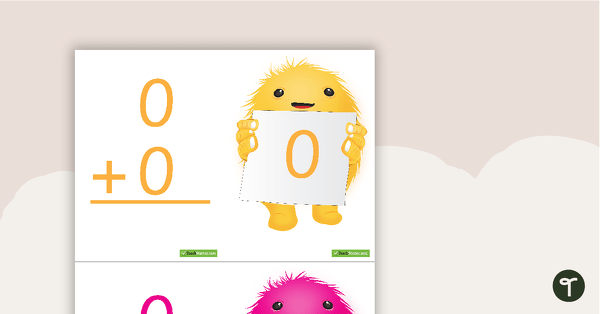
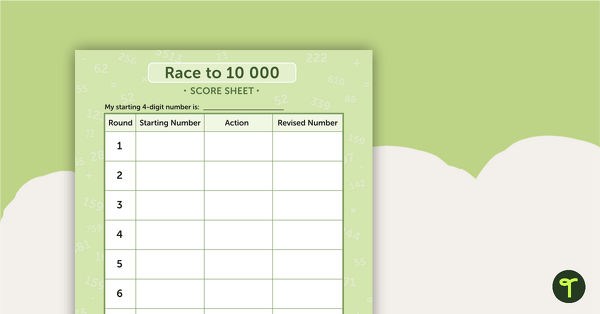
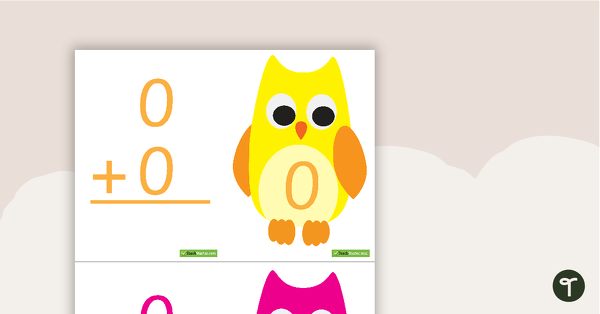
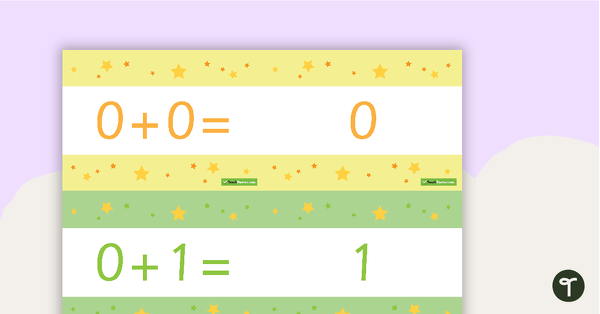
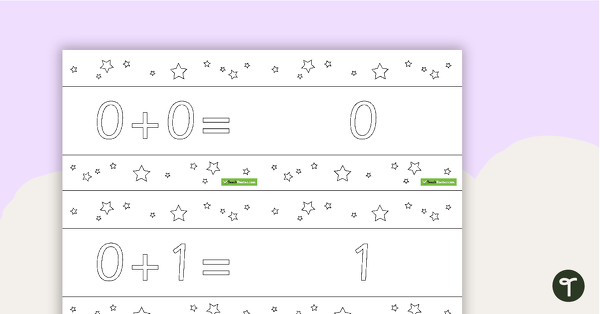

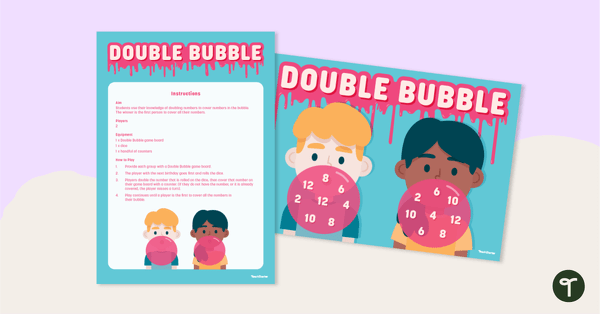
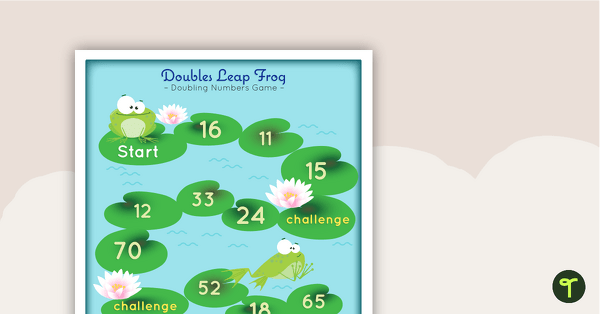
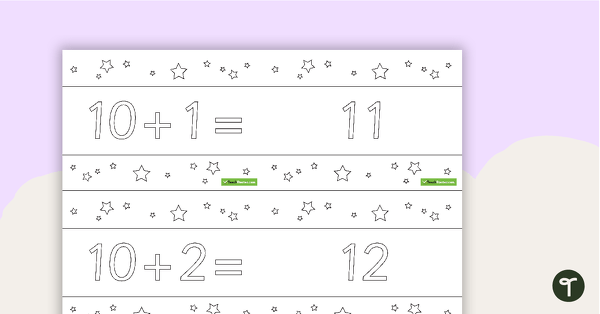
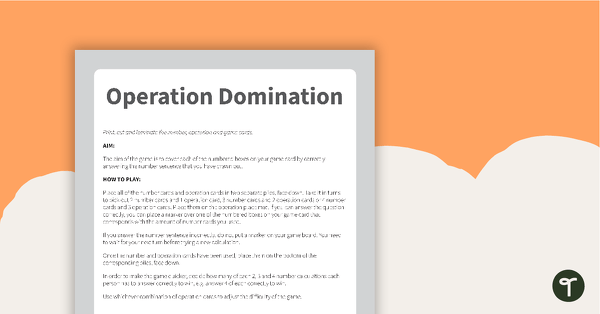
1 Comment
Write a review to help other teachers and parents like yourself. If you'd like to request a change to this resource, or report an error, select the corresponding tab above.
No comments yet.